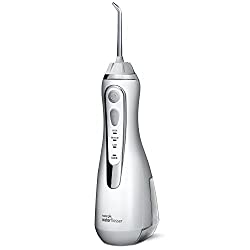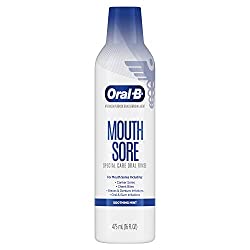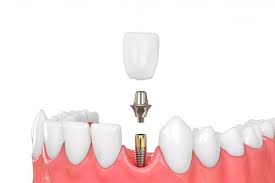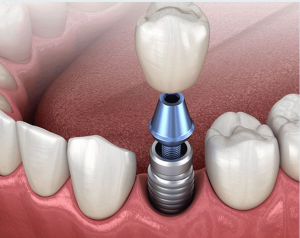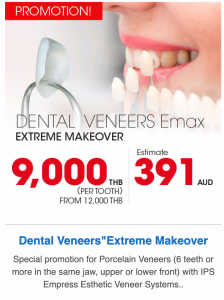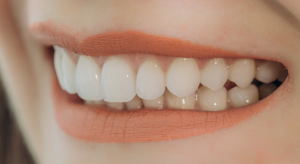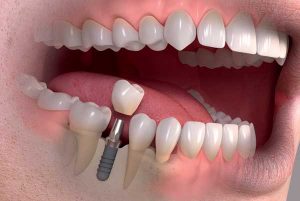How long do dental implants last? There are many factors affecting the longevity of dental implants. Not all of these factors are related to patients’ oral hygiene level as often blamed in many blogs on the web. In this article, I will discuss
- What are dental implants? Understanding the anatomical structures of an implant.
- Types of modern implants and different dental implant brands
- Three areas of dental implant failure
- Signs of dental implant failure
- Treatment for failed dental implants
What are dental implants?
A modern dental implant is a screw-like structure made from titanium or zirconia that replaces the root of a missing tooth or those hopeless teeth ready to be removed. Dental implants serve as the foundation of an individual tooth or a set of teeth in situations where multiple dental implants are placed.
It is essential to understand the anatomical parts of a dental implant so “how long dental implants last?” can be better answered.
Anatomy of a dental implant?
A dental implant consists of 3 parts:
- A fixture or body that is inserted into the jaw bone
- An abutment. A post is inserted into the fixture’s body on one end and connects to the final crown or restoration on the other end.
- The tooth part. This can be an individual tooth crown, denture, or teeth fused, also known as a dental bridge.
To answer the question of how long do dental implants last? We need to understand different factors are affecting each part of a dental implant.
Unlike most articles on the subject of ” How long do dental implants last? “In this blog, I will try to differentiate the causes of failure and suggest, it is not always that a patient is at fault for a dental implant failure
I am not suggesting patients ignore dentists’ recommendations of good oral hygiene, a regular dental check-up, and excessive smoking.
But I like to make my readers aware of other factors non-patient-related factors that cause an implant not to last for a very long time.
Dental Implant failure can happen in three different areas:
1. The Interface Between The Implant Body and The Bone
When placing a dental implant in the jaw, the bone must fuse to the body of the implant to create a non-separable surface. This strong bond between bone and an implant is referred to as ” Osseo-Integration.”
An Osseo-integration depends a lot on the quality of the bone. A different area of the mouth has various bone qualities and densities. For example, the lower jaw typically has more dense bone compared to the upper jaw. The quality of bone can vary, depending on the patients’ gender, age, prior infection, injury, including trauma caused by tooth extraction.
Because we have been placing dental implants since the late 1960s, dentists and dental implant manufacturers have come up with various solutions in improving the site’s readiness despite the poor quality of bone. These solutions include improved dental implant design, surface application, drilling protocols, healing time requirements, and supplememental bone grafting techniques, to name a few.
Dr. Allen Nazeri DDS MBA FICOI MICOI
Because there are so many variables involved in an implant success, everyone involved, meaning the clinician, the manufacturer, and the patients, must share responsibility if a dental implant fails.
2. The Implant-Abutment Connection
The area where a dental abutment is inserted into an implant is the ” Implant-Abutment” Connection. Often, this is an area where many dental implants fail.
The reason for this failure could be manufacturing poor design or lack of attention to occlusal forces by the restoring dentist.
This is one area where many clinicians blame manufacturers when facing a failure or vice versa, the dental manufacturer blaming the clinician. It is also one of the areas in addition to the bone-implant interface where most implant dental manufacturers claim superiority over their competitors when marketing to dentists.
Regardless of why an implant fails, I believe the lack of attention to occlusal forces is the leading cause of dental implant failure. In my book, ” Smart Spending On Your Teeth; The blueprint for treatment success, “I cover an entire chapter about the occlusal or biting forces and how this can affect not only your teeth but your whole body.
Download a free e-copy of Smart Spending On Your Teeth.
When an implant is initially placed, it is essential to be not subject to occlusal forces. As the implant is fusing to bone, any excess pressure may cause the implant to fail. Another critical factor, which clinicians often ignore, is not to fully load occlusal forces immediately, even after the dental implant has successfully fused to the bone over several months.
The concept of slowly loading occlusal forces over an osseointegrated dental implant is known as ” Progressive Loading.” I learned this technique from now-deceased Professor Dr. Carl Misch, who was my mentor and coach. I think there are a couple of reasons why dentists don’t incorporate the philosophy of progressive loading into their clinical practice:
- They don’t know what they don’t know. They have never heard of it.
- They don’t want to increase the cost of treatment for their patients.
The progressive loading requires patients to have a provisional crown after the dental implant has been osseointegrated for 3-6 months. The clinician then adds additional occlusal forces to the temporary crown by adding dental materials to the surface. Finally, after several months of slowly adding points and monitoring the bone level around the dental implant, the dentist can replace the provisional crown with a final and permanent crown. The fabrication of a provisional crown and loading progressively over time, will require additional visits to the dentist and increases the treatment cost.
The research completed by Dr. Carl Misch showed a lack of any bone loss around the top part of the dental implant when clinicians used progressive loading techniques. The amount of bone loss observed immediately after a dental crown is often directly related to how long a dental implant can last.
Lack of understanding about occlusal forces is similar to a structural engineer ignoring the required strength to erect and maintain a building from collapsing.
It can also fracture the body of the dental implant or loosen the abutment screw leading to a bacteria leakage, bone loss, pain, and screw or tooth fracture.
Another area where a dental implant can fail is the tooth or the teeth placed over the dental implant. This part is often related to patients’ habits. A patient who is a habitual grinder or abuses his/her teeth in opening plastic bags or beer bottles often faced dental implant failure.
Porcelain teeth are solid but can be brittle. On the other hand, they have outstanding esthetics.
When a denture is attached to dental implants, the teeth and the acrylic interface could be weak. So any excessive biting pressure can cause this part to fail.
The good news is, if the failure happens at the tooth level and is not related to the dental implant, the tooth part can easily be replaced or repaired. However, when the dental implant fails, everything must begin again from scratch.
This table shows the summary of different causes of dental implant failure and responsibility of patients vs. dentist vs. dental manufacturers
3. The Tooth or Teeth
| Causes of Dental Implant Failure | Patient | Dentist | Manufacturer |
| Implant-Bone Interface | Age, Gender, Medication, Prior infection, injury, trauama, history of raditiation, autoimmune disease | Overheating, Oversize Drilling, Inadequate irrigation, Oversizing, Excessive torquing, Insufficient bone, Improper Suturing, Overloading or Fast occlusal loading | Poor surface Qaulity, Thread design |
| Abutment Implant Connection | _______ | Improper torquing, Lack of attention to occlusal loading, Overloading, fast occlusal loading, Improper implant positioning | Connection Design, Defects in threads |
| Teeth | Habitual grinding, bad eating habits, not following dentist instruction, Poor oral hygiene | Ignoring occlusal forces, lack communication with the dental technician, improper implant poistioning | Dental manufacturing protocols not followed by dental technician |
How long do dental implants last? This table summarizes the factors affecting the longevity of dental implants
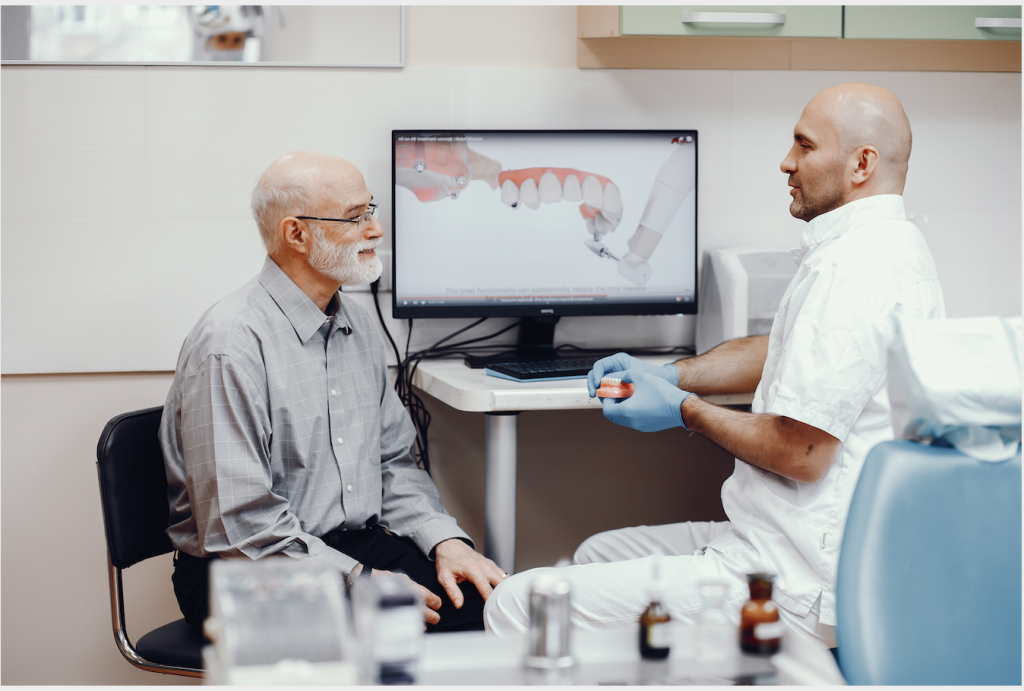
Types of Dental Implants and Brands
How long do dental implants last?; Well, we discussed the factors affecting the longevity of dental implants. But did you know the type of dental implant brand and brands used can have some impact on how long dental implants last?
Generally, dental implants are categorized into Regular size and Mini. The regular size dental implants are those with a diameter of at least 2.2 mm. Anything less than 2.2 mm, is generally considered a mini dental implant.
Mini dental implants are more economical and are often used for the stability of temporary dentures. Because they are very narrow, they will not be able to withstand excessive occlusal forces. This selection is where an experienced clinician can advise you if mini dental implants are a good choice.
Dental implant brands classify as premium vs. off-brand. Generally, premium dental implants have the most extended history of research and clinical application. Off-brand dental implants are usually the newbies in the market. It is not to say that the off-brands are a terrible choice, but they come with a limited amount of research, and their support may be limited. To learn more about dental implants brands, please read my blog, “The Best Top 12 Dental Implant Brands- A Patient Guide.”
Signs of Dental Implant Failure
Dental implants can fail immediately after placement, a few weeks or months into the healing process, after receiving a final restoration, or years later. I will try to explain the probable causes of dental implant failure in relation to the timing as well as the signs and symptoms you can expect in the table below:
| Period which a dental implant fails | The probable cause | Signs or Symptoms |
| Within first two weeks after the surgery | Poor surgical technique Presence of infection Poor Oral Hygiene Alcohol Consumption Heavy Smoking | Pain or an ache that does not go away loose dental implant fixture coming to surface Swelling and tenderness at the implant site |
| Within a few days after the final restormation is placed | Inadquate healing time overloading the dental implant too fast | loose crown or restoration over the implants Soreness and swelling at the implant site |
| Few months to few years after placement | Chronic bone loss supporting the implant Poor oral hygiene Heavy Smoking | Chronic gum sores around the implant Gum recession Increased food entrapment Loosening of the crown, or abutment |
The signs of dental implant failure can be sudden, or it may be over time. It is highly recommended for patients with dental implants, in addition to great home oral hygiene, to visit their dentist regularly for both a clinical and radiographic evaluation.
Treatment for Failed Dental Implants
Depending on the cause of dental implant failure, there are different approaches. If the dental implant has failed to osseointegrate, the implant is often removed, the site is cleaned from any active infection, and a new implant is placed within 6-12 weeks.
However, suppose the dental implant has failed due to mechanical failure. In the case of replacement of the failed part, a new restoration is placed or retrofitted without removing the body of the dental implant. I have summarized the treatment for failed dental implants in the table below:
| Cuause of Dental Implant Failure | Treatment Remedies |
| Implant Rejection by bone with presence of Acute infection | Remove dental implant, clean the bone from any infection, place an absorbable membrane such as a gel-foam, and suture. Re-evaluate area 6-12 weeks for a new dental implant placement, bone grafting or both |
| Implant Rejection by bone with presence with minimal infection | Remove dental implant, clean the bone from any infection, place a new and larger dental diameter dental implant, bone augmentation, placement of a memberane such as Oratape and close incision with a monfilament suture |
| Implant Fixture (body) is fractured | Removal of the existing dental implant, placement of a larger size dental implant. Bone augmentation may or may not be required |
| Screw Loosening | Remove the crown and tighthen the screw, replace the crown. If the crown is a cemented type of a crown and can not easily be removed, a new crown may be required. |
| Screw Fracture | Remove the broken piece of the screw from the implant well and replace parts. |
| Chronic Bone Loss | Laser or acid wash the surace of dental implant, augment with bone graft or emdogain and monitor |
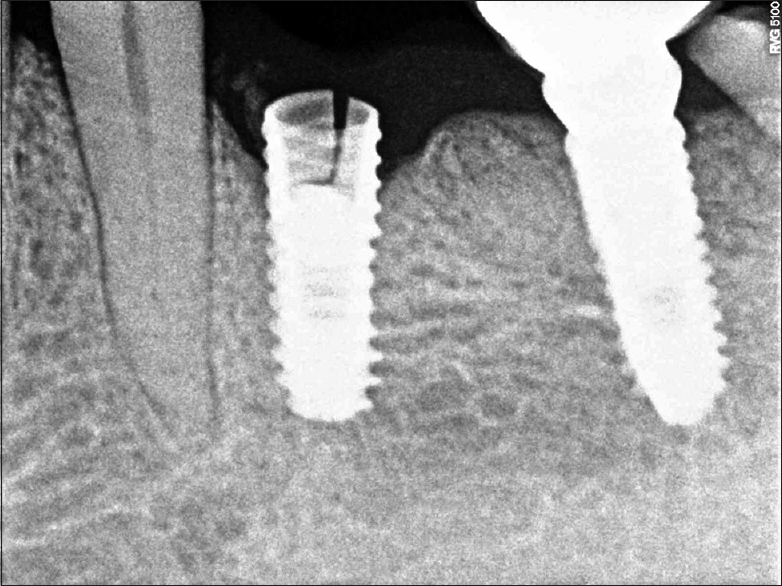
Who should pay for a replacement of a failed dental implant?
Patients must have a clear understanding of clinics’ warranties before committing to having a dental implant. Most dental clinics volunteer the information. Most reputable dental implant manufacturers cover the material cost of a dental implant by offering a replacement free of charge. Most dental clinics offer a 3-5 years guarantee on the dental implant fixture and 1-2 years on the teeth part as long as you are committed to seeing them at least twice a year for regular oral hygiene and a dental check-up. However, don’t expect too much sympathy if you ignore your regular appointments and show up at a dentist’s office three years later with a failed implant.
For those patients who seek treatment from Overseas dental clinics such as in Thailand, Phillippines, Mexico, where seeing a dentist regularly for dental hygiene is not possible, evidence of visiting a local dentist for a regular check-up should suffice. If you are a dental tourism patient, I recommend sending a copy of your dental x-rays and dental findings to your overseas dentist to monitor your case remotely.
Patients who use the DentistConsultationHub platform, are automatically granted additional two years of warranty, and you can send a copy of your records to us via email contact@DentistConsultationHub.com
In conclusion, Dental implants are one of the best innovations in modern dentistry. They are considered a permanent solution for patients who have lost their teeth or have hopeless teeth ready to be removed. Many factors affect the longevity of dental implants. As an informed patient, you can participate in a meaningful discussion with your dentist. Never blame the dentist if your dental implant fails, and the dentist must never blame a patient. We must remember, many factors can affect their treatment success. Dental implants are a treatment of choice for missing teeth and not a cure. All treatments are subject to failure.










